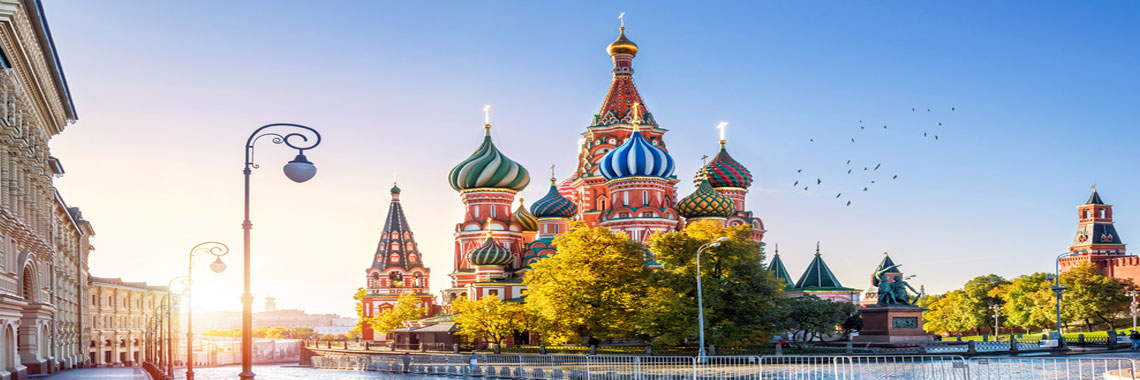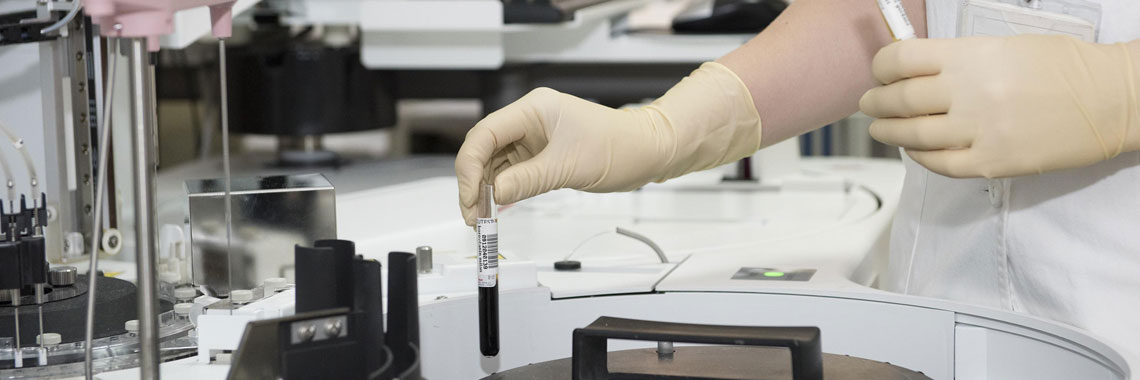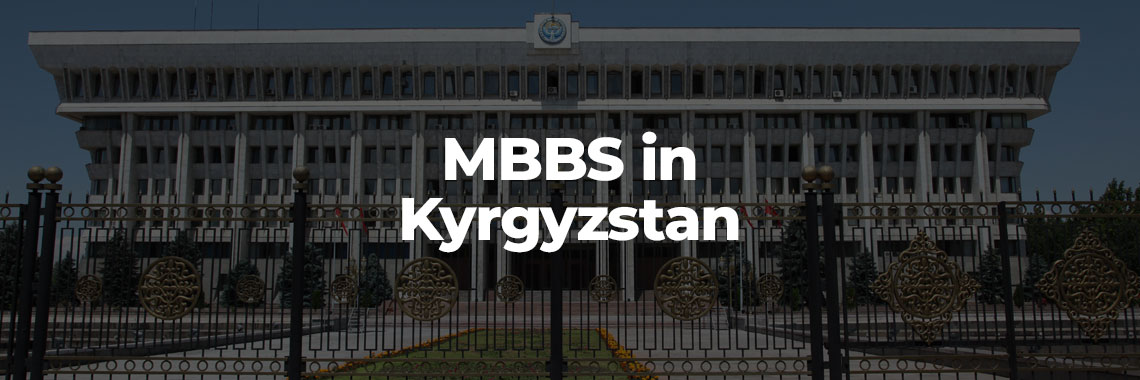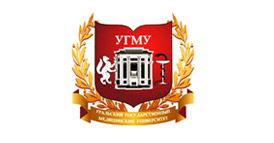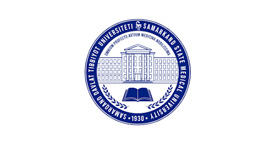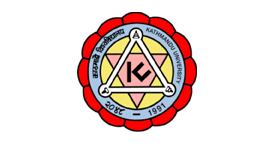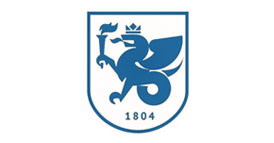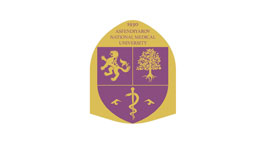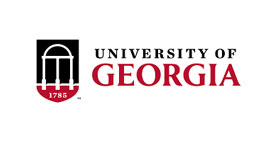Yaroslavl State Medical University (YSMU) is one of the prominent higher education institutions for medical studies in Russia. Founded in 1944, the university is located in Yaroslavl, a historic city on the Volga River. Over the decades, YSMU has gained a reputation for its high standards of medical education, research, and healthcare services.
Location: Yaroslavl State Medical University (YSMU) is located in the city of Yaroslavl, which is situated in the European part of Russia, approximately 250 kilometers (155 miles) northeast of Moscow. Yaroslavl is one of the oldest cities in Russia, known for its historical significance, cultural heritage, and its location along the Volga River.

| Particulars | Per Year | Total Complete Fee (Ist to 6th Year) |
|---|---|---|
| Fee in Ruble | Fee in Ruble | |
| Annual Tuition Fees | 2,62,750 | 15,76,500 |
| Govt. Hostel Fee | 16,000 | 96,000 |
| Medical Insurance | 6,000 | 36,000 |
| Total | 2,84,750 | 17,08,500 |
- Affordable Tuition Fees:
Yaroslav State Medical University offers competitive and affordable tuition fees, making it an attractive option for students seeking quality medical education without breaking the bank. The university understands that pursuing a medical degree can be a significant investment, and therefore, strives to provide a cost-effective solution without compromising on the quality of education. - Experienced Faculty and Modern Facilities:
The university boasts a team of experienced and highly qualified faculty members who are dedicated to providing students with a comprehensive and well-rounded education. The faculty members are experts in their respective fields and have a wealth of knowledge and experience to share with students. The university's modern facilities, including state-of-the-art laboratories, libraries, and classrooms, provide students with a conducive learning environment that fosters academic excellence. - English-Medium Programs:
Yaroslav State Medical University offers English-medium programs, making it an ideal choice for international students who may not be fluent in Russian. The university's English-medium programs ensure that students can focus on their studies without language barriers, allowing them to excel in their chosen field. This also enables students to interact with patients and colleagues from diverse backgrounds, preparing them for a globalized healthcare environment. - Comprehensive Clinical Training:
The university provides students with comprehensive clinical training, which is an essential component of medical education. Students have the opportunity to work in affiliated hospitals and clinics, where they gain hands-on experience in diagnosing and treating patients. This practical training helps students develop the skills and confidence they need to succeed in their future careers. - International Recognition and Accreditation:
Yaroslav State Medical University is recognized and accredited by various international organizations, including the World Health Organization (WHO), the Medical Council of India (MCI), and the European Accreditation Council for Medical Education (EACME). This recognition ensures that the university's degrees are recognized globally, allowing graduates to pursue their careers in various countries. The university's international recognition also facilitates collaboration with other institutions and organizations, providing students with opportunities for research, internships, and employment.
Yaroslavl is one of the oldest and most historically significant cities in Russia, located about 250 km northeast of Moscow. Nestled at the confluence of the Volga and Kotorosl Rivers, Yaroslavl is a key city in Russia's famous Golden Ring—a group of ancient towns known for their rich cultural heritage and architecture.
- History: Yaroslavl was founded in 1010 AD by Prince Yaroslav the Wise, making it over a thousand years old. According to legend, Yaroslav the Wise established the city after defeating a bear at the river crossing—a story honored by the bear symbol in the city’s coat of arms.
The city flourished as a major trading port along the Volga River and became an important political, cultural, and religious center in medieval Russia. By the 17th century, Yaroslavl was the second-largest city in Russia and played a major role during the Time of Troubles, even temporarily becoming the de facto capital.
Its historical center, filled with 17th-century churches, is a UNESCO World Heritage Site, reflecting its preserved architectural and cultural heritage. - Climate: Yaroslavl experiences a continental climate, characterized by cold winters and warm summers:
• Winters (Nov–Mar): Cold and snowy, with temperatures ranging from -15°C to -5°C.
• Summers (Jun–Aug): Mild to warm, with temperatures between 18°C and 25°C.
• Spring and Autumn: Transitional, with unpredictable rain and rapidly changing temperatures.
Snow is common in winter, and summers are relatively humid, making late spring to early autumn the best time to visit. - Education System: Yaroslavl is an educational hub in central Russia, offering quality education across various fields. It is home to several higher education institutions, including:
• Yaroslavl State Medical University (YSMU): One of the leading medical universities in Russia, popular among international students due to affordable fees and English-medium programs.
• Yaroslavl State University (YSU): Offers programs in science, humanities, and IT.
• Yaroslavl State Technical University: Focuses on engineering and technical education.
The city is known for its student-friendly environment, good infrastructure, and a blend of modern learning with classical Russian education values. - Tourist Attractions: Yaroslavl is rich in culture, history, and beauty. Key attractions include:
• The Church of Elijah the Prophet: Famous for its stunning frescoes and 17th-century architecture.
• Spaso-Preobrazhensky Monastery: A 12th-century monastery that played a major role in Russian history.
• Yaroslavl Embankment: A scenic riverside area perfect for walks and photos.
• Strelka Park: Located at the meeting point of two rivers, it’s a top spot for leisure and views.
• Museum “Music and Time”: A private collection of musical instruments, clocks, and bells.
• Vvedensky Tolga Convent: A peaceful, functioning convent with a rich spiritual atmosphere.
• UNESCO Heritage Zone: The old town itself is a walking museum of neoclassical and medieval architecture.
Conclusion
Yaroslavl is a unique blend of the ancient and modern—a place where centuries-old churches stand next to universities and cozy cafes. With its rich history, student life, pleasant summers, and architectural beauty, Yaroslavl remains a gem for both tourists and international students seeking to experience the heart of Russian culture.





